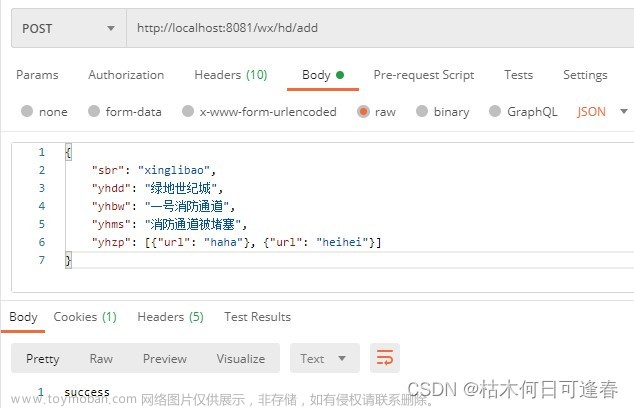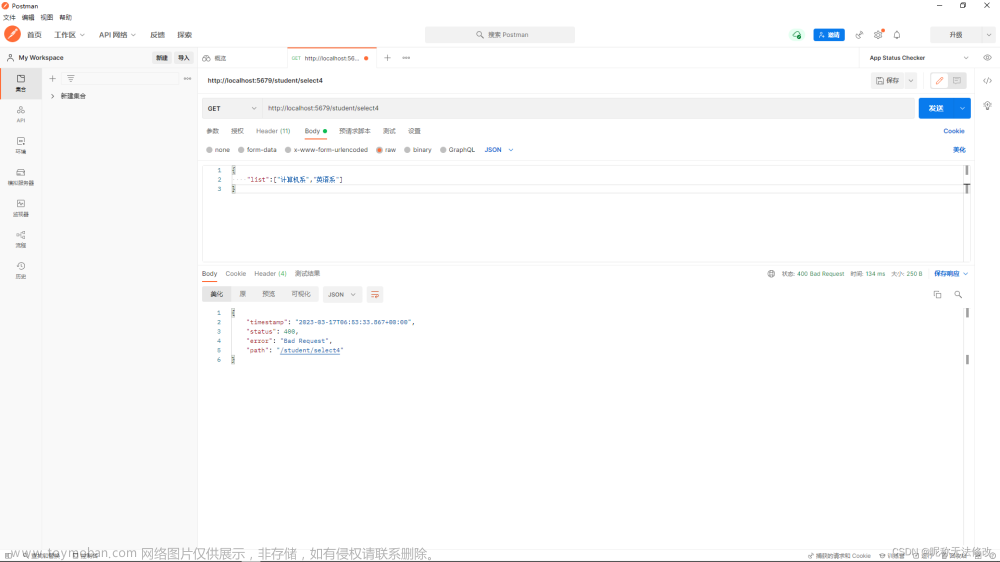这里的 "bind" 意思是 "绑定"。在 C++ 中,引用是一个指向某个对象的别名,它在声明时必须被初始化,并且它的生命周期与其所绑定的对象一致。在赋值、函数传参等场景中,将引用与相应的对象绑定在一起,称为引用绑定。而 "cannot bind" 则表示无法将该右值和左值引用进行绑定,即无法将右值与左值引用绑定在一起。
"lvalue" 是一个 C++ 中的术语,表示可以出现在赋值语句左边(左值)的东西,通常是一个变量、数组元素或者指向对象的指针。lvalue 表示一个可寻址的对象,也就是说编译器可以生成指向它的指针。
左值引用就是指向 lvalue 类型的引用,它可以被更改。在 C++ 中,不能将右值(rvalue)绑定到左值引用上,因为右值表示的是临时对象,不具有可寻址性,不能取指针。所以不能将右值赋值给左值引用。
#include <iostream>
class complex{
public:
int real;
int imaginary;
public:
complex(){
};
void getreal(int a){
real = a;
}
void getimaginary(int a){
imaginary = a;
}
complex(complex &a){
this->imaginary = a.imaginary;
this->real = a.real;
}
complex& operator=(complex a){
this->imaginary = a.imaginary;
this->real = a.real;
return *this;
}
complex operator+(complex &a){
complex result;
result.real = a.real + this->real;
result.imaginary = a.imaginary + this->imaginary;
return result;
}
};
int main(){
complex a;
a.getimaginary(3);
a.getreal(4);
complex b;
b.getreal(4);
b.getimaginary(17);
complex c;
c = a + b;
return 0;
}
会出现cannot bind non-const lvalue reference of type ‘complex&’ to an rvalue of type 'complex’的错误
出现这个错误的原因是:c++不允许非常量的临时引用作为参数,因为c++认为,非常量的参数进入函数内部就是要做修改的,如果对临时引用进行修改是没有意义的。
上述代码中c = a+b的部分,a+b是一个临时变量。而接下来调用operator=函数中,其参数为变量,因此要在栈区创建并且赋值(调用拷贝函数)一个局部变量a。在调用拷贝函数的时候,会将(a+b)传入拷贝函数的参数,导致以临时变量的形式传入一个函数,因而报错。
解决方法:
将拷贝函数中的参数改为const complex类型文章来源:https://www.toymoban.com/news/detail-617934.html
同理:对于a+(b+c)的情况,也要将operator+的参数设置为const
文章来源地址https://www.toymoban.com/news/detail-617934.html
到了这里,关于cannot bind non-const lvalue reference of type ‘***&‘ to an rvalue of type ‘***‘解决方法的文章就介绍完了。如果您还想了解更多内容,请在右上角搜索TOY模板网以前的文章或继续浏览下面的相关文章,希望大家以后多多支持TOY模板网!









